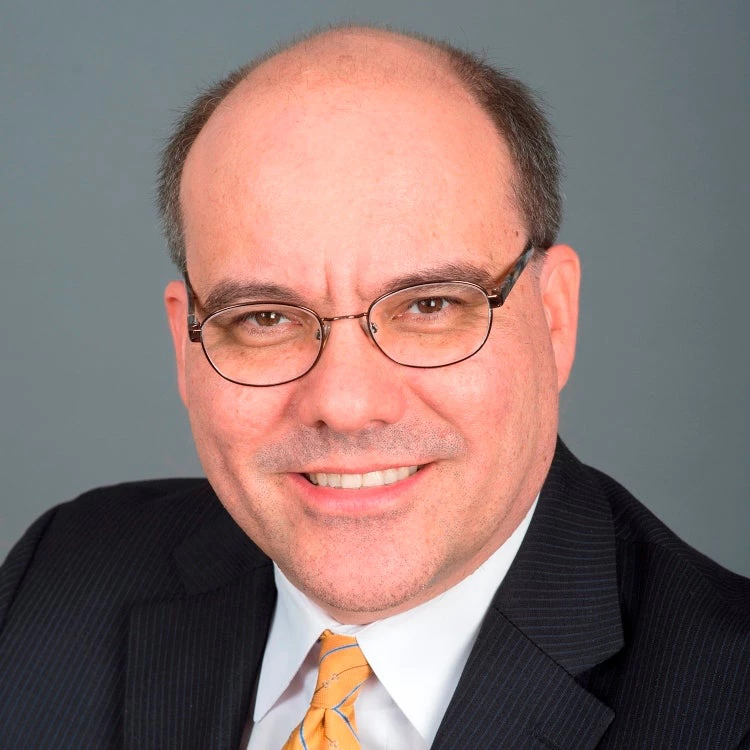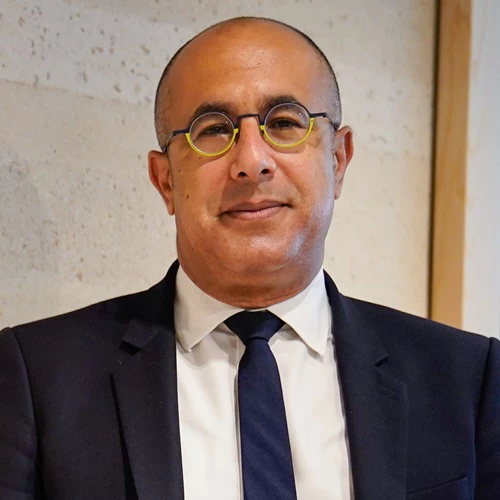Two years ago, more than 180 countries gathered in Paris to sign a landmark climate agreement to keep global temperature rise well below 2 degrees Celsius.
Tomorrow, on December 12, 2017, exactly two years after the signing of the historic Paris Agreement, the government of France will be hosting the One Planet Summit in Paris to reaffirm the world’s commitment to the fight against climate change. [[avp asset="/content/dam/videos/ecrgp/2018/jun-19/video_blog_with_ede-sameh_on_climate_summit_-_final_hd.flv"]]/content/dam/videos/ecrgp/2018/jun-19/video_blog_with_ede-sameh_on_climate_summit_-_final_hd.flv[[/avp]]
At the summit, mayors from cities around the world, big and small, will take center stage with heads of state, private sector CEOs, philanthropists, and civil society leaders to discuss how to mobilize the financing needed to accelerate climate action and meet the Paris Agreement goals.
Why must we bring city leaders to the table for climate discussions?
Cities are also a key part of the climate solution. The decisions of cities today will make or break the world’s climate action toward a resilient future.
[Download report: Investing in Urban Resilience ]
At the One Planet Summit, the World Bank Group and its partners will be highlighting some of the decisions cities are making—and the actions they are increasingly taking—to build resilience to climate change and disaster risks and foster climate-smart growth, particularly in these three areas:
You may also like:
Tomorrow, on December 12, 2017, exactly two years after the signing of the historic Paris Agreement, the government of France will be hosting the One Planet Summit in Paris to reaffirm the world’s commitment to the fight against climate change. [[avp asset="/content/dam/videos/ecrgp/2018/jun-19/video_blog_with_ede-sameh_on_climate_summit_-_final_hd.flv"]]/content/dam/videos/ecrgp/2018/jun-19/video_blog_with_ede-sameh_on_climate_summit_-_final_hd.flv[[/avp]]
At the summit, mayors from cities around the world, big and small, will take center stage with heads of state, private sector CEOs, philanthropists, and civil society leaders to discuss how to mobilize the financing needed to accelerate climate action and meet the Paris Agreement goals.
Why must we bring city leaders to the table for climate discussions?
Cities are home to more than half of the world’s population, and account for more than 70% of global greenhouse gas emissions. It is cities that stand at the forefront against rising threats of natural disasters. In other words, the climate challenge is very much an urban challenge.
Cities are also a key part of the climate solution. The decisions of cities today will make or break the world’s climate action toward a resilient future.
[Download report: Investing in Urban Resilience ]
At the One Planet Summit, the World Bank Group and its partners will be highlighting some of the decisions cities are making—and the actions they are increasingly taking—to build resilience to climate change and disaster risks and foster climate-smart growth, particularly in these three areas:
- Resilient cities
- Hydromet (hydrological + meteorological) services
- Disaster risk finance and climate insurance
- A new partnership between the City Resilience Program and the Global Covenant of Mayors for Climate & Energy
- A global coalition to foster resilient, climate-smart growth in the Caribbean
- Africa Hydromet Program
- Second phase of the Global Platform for Sustainable Cities (GPSC) with the Global Environment Facility (GEF) and World Bank
You may also like:
- Towards a Climate-Smart World: 12 Ways for a Resilient Future
- How Can We Finance the Resilient Cities of the Future?
- Urban jungles in jeopardy: Why the world’s cities are at risk – and what we can do to make them more resilient
- Learn more about our work on building sustainable communities
- Subscribe to our Sustainable Communities newsletter and Flipboard magazine
- Follow @WBG_Cities and @WBG_Climate on Twitter




Join the Conversation